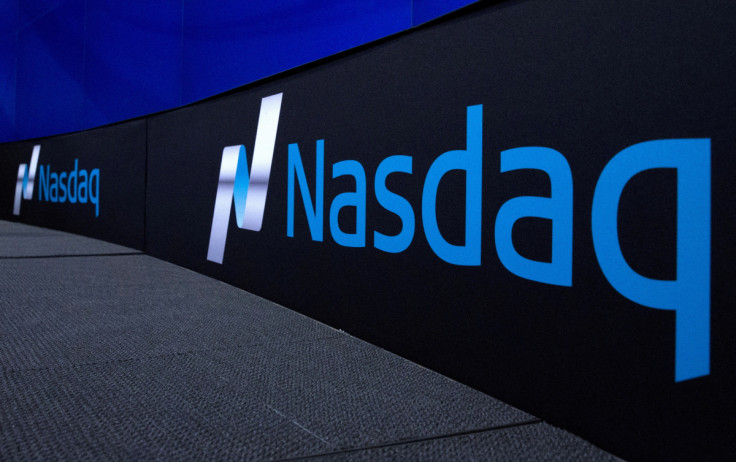Tech Stocks in Freefall: Nasdaq Wipes Out Gains as Nvidia and Amazon Lead Market Meltdown
Nvidia and Amazon drag Nasdaq lower as rising yields and AI fatigue spark a tech sector correction

Wall Street kicked off September with a sharp sell-off, as surging bond yields, renewed trade uncertainty, and disappointing data from major tech firms like Nvidia and Amazon rattled investor confidence.
The Nasdaq Composite dropped 1.3% on Tuesday, erasing all of its August gains in a volatile return from the US Labour Day break. The S&P 500 fell 1% and the Dow Jones Industrial Average shed 0.8%. The sell-off was broad-based but particularly severe in the tech sector, which has been the engine of market gains throughout 2025.
With September historically among the weakest months for equities, markets lived up to expectations — particularly in the tech sector, where stretched valuations and rising interest rates triggered a broad retreat.
The rout comes amid rising Treasury yields, renewed tariff uncertainty, and growing investor anxiety over stretched valuations in the sector.
Nvidia and Amazon Lead the Declines

Nvidia, the poster child of the AI boom, extended its recent losses with a 2% drop in premarket trading, following a 3.8% decline last week. The chipmaker's projected Q3 revenue of $54 billion fell short of investor expectations, raising concerns about slowing AI infrastructure spending. Despite its meteoric rise earlier this year, Nvidia briefly touched a $4 trillion market cap in July.
Amazon also weighed heavily on the Nasdaq, falling 1% before the bell. Internal company data revealed that US sign-ups failed to meet both last year's totals and the company's own targets, sparking concerns about a potential consumer slowdown.
Alphabet and Tesla joined the tech retreat, each shedding over 2% as investors rotated out of high-beta growth names, while Meta bucked the trend with continued gains driven by strength in AI infrastructure.
Rising Yields and the Valuation Crunch
The sell-off was exacerbated by a jump in Treasury yields, which tightened financial conditions and hit long-duration tech valuations.
The benchmark 10-year yield rose to 4.3%, while the 30-year yield approached the psychologically significant 5% level. Higher yields compress equity multiples, particularly for companies whose earnings are projected far into the future, a category that includes most tech giants.
Tariff Turmoil Adds to Uncertainty
Adding fuel to the fire, a federal appeals court ruled in a 7–4 decision that the bulk of President Donald Trump's global tariffs were unconstitutional, citing an overreach of executive authority under the International Emergency Economic Powers Act.
The ruling challenges the legal foundation of sweeping duties imposed on dozens of trading partners, including China, Canada, and Mexico.
Although the tariffs remain in effect pending a Supreme Court appeal, the decision has cast a shadow over US trade policy. Markets now face heightened uncertainty as investors weigh the potential reversal of key tariff structures. The delay in resolution until mid-October only prolongs the ambiguity.
For tech companies with sprawling global supply chains, this legal cloud complicates procurement strategies and capital allocation. The increased unpredictability raises the equity risk premium, particularly for firms with exposure to cross-border manufacturing and logistics.
Outlook: Volatility Ahead
With the Federal Reserve's next policy meeting looming and a crucial jobs report due Friday, markets remain on edge. Rate-cut expectations are still priced in, but disappointing inflation data and fiscal concerns have muddied the waters.
Gold surged past $3,500 an ounce as investors sought safe havens, while hedge funds, which were net sellers in August, continue to sit on the sidelines.
Whether this is a short-term correction or the start of a deeper rotation remains to be seen. But for now, tech stocks are no longer the untouchable titans they appeared to be just weeks ago.
© Copyright IBTimes 2025. All rights reserved.





















